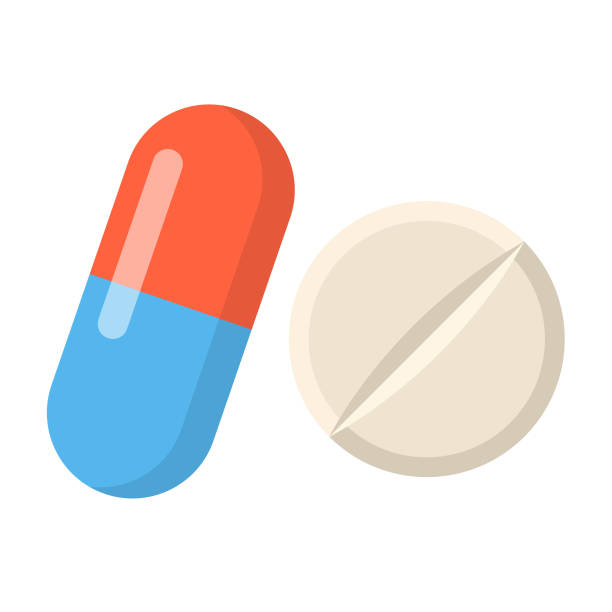Allylestrenol
Indications
Allylestrenol is indicated in:
- Intra Uterine Growth Retardation (IUGR)
- Threatened abortion
- Habitual abortion
- Threatened premature delivery
Pharmacology
Allylestrenol is a synthetic progesterone derivative that is used to treat threatened pregnancies. It can stop occurring premature labor and can help women give birth to a healthy newborn. It stimulates the secretory phase in myometrium, creates conditions for development of fertilized ovum. It has a tocolytic effect; reduces sensitivity of myometrium to oxytocin. It stimulates the development of acinus of mammary glands, secretory activity of trophoblasts, and development of aldosterone by adrenal glands. Allylestrenol also has a selection of β-adrenergic effect. In this way, it stimulates the synthesis of the body's placental progesterone, therefore increasing the secretion of placental hormones.
Dosage And Administration
Intra Uterine Growth Retardation: 1 tablet three times a day at least two months. Dose to be reduced if symptoms improve.
Threatened abortion: 1 tablet three times daily until symptoms disappear.
Habitual abortion: 1-2 tablets daily as soon as pregnancy is diagnosed. The administration should be continued for at least one month after the end of the critical period.
Threatened premature delivery: Dosage must be determined individually. High dosages (up to 40 mg daily) have been used.
In case of a missed dose, it should be taken as soon as the patient remembers & she should continue the regular dosing schedule. A double dose is not recommended.
Contraindications
Hypersensitivity; thrombophlebitis; undiagnosed vaginal bleeding, incomplete abortion, hormone-dependent carcinoma, cerebral apoplexy, as a diagnostic test for pregnancy; severe hepatic impairment.
Side Effects
Treatment with Allylestrenol (especially a long term treatment) is known to cause some gastrointestinal complaints such as vomiting, nausea, and sometimes epigastric discomfort.
Pregnancy And Lactation
Patients with the following conditions should be cautious: Heart disease, congestive heart failure, sick sinus syndrome, coronary artery disease, seizures, epilepsy, renal dysfunction, migraine headaches, or breathing diseases including asthma, emphysema, chronic bronchitis, or COPD, breast-feeding.
Overdose Effects
Symptoms of overdose may include unusual drowsiness; rapid pulse; fainting; unusual muscle movement or rigidity of the face, neck, or limbs; seizures; and loss of consciousness.
Therapeutic Class
Female Sex hormones
Use in special populations
It should not be used for children younger than 16 years old.
Storage Conditions
Keep below 30°C temperature, away from light & moisture. Keep out of the reach of children.
